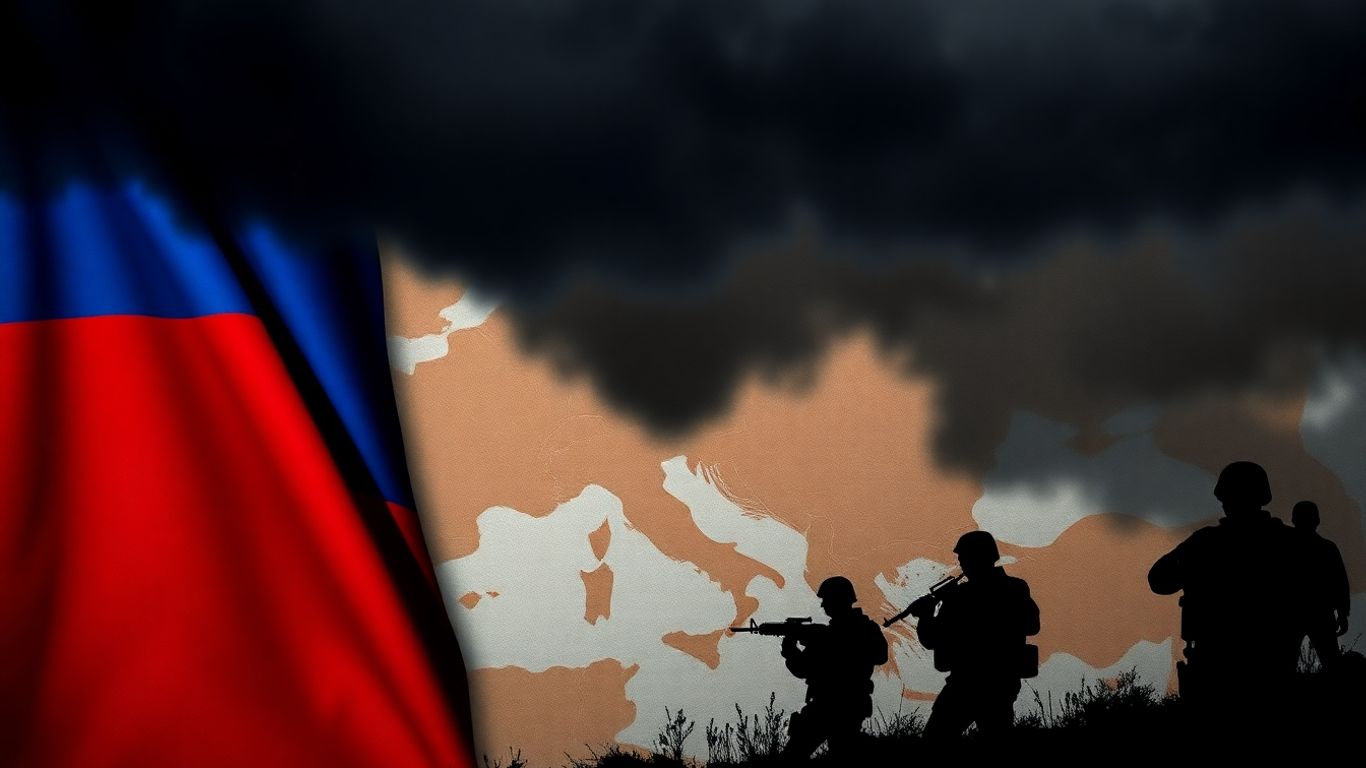Regional tensions are on the rise in the Western Balkans as increased Russian influence, divisive disinformation campaigns, and simmering ethnic disputes threaten regional stability, raising alarms among European and international observers. Recent warnings from political leaders and experts underscore concerns that external actors are exploiting the region’s vulnerabilities, with the potential for broader conflict.
Key Takeaways
- Russian political and hybrid influence continues to destabilize the Western Balkans.
- Disinformation campaigns aim to undermine trust in local institutions and Euro-Atlantic integration.
- Experts highlight the risk of violent escalation if ethnic and political divisions deepen further.
Russian Political Maneuvering: A Strategy of Destabilization
Russian involvement in the Balkans has shifted from overt military actions to more subtle forms of political warfare. By leveraging media, cultural ties, and local pro-Russian elites, Moscow seeks to amplify ethnonationalist grievances and challenge Western influence. The relationship between Serbia’s leadership and Russia has become increasingly pronounced, with both governments criticizing perceived Western intervention and using each other’s support to fortify domestic positions.
In Bosnia and Herzegovina, threats of secession by Republika Srpska’s leadership, supported by Moscow, have added volatility to an already fragile peace. Political leaders use the threat of referendums and legislative changes to shift the balance of power while echoing anti-Western and nationalist narratives.
Disinformation as a Tool For Polarization
Experts have identified a rise in disinformation campaigns timed with high-stakes political events and elections throughout the region. These campaigns frequently paint NATO and the EU as aggressors undermining national sovereignty and delegitimize democratic processes. Information is distorted to erode public trust, both in domestic institutions and in the promise of EU enlargement, sowing confusion and cynicism that favor anti-Western actors.
Notably, upcoming referendums, court decisions, and protests are all identified as flashpoints likely to see a surge in coordinated disinformation, aiming to inflame ethnic tensions and distract from governance or reform setbacks. Narrative manipulation is not confined to one country; it spills over borders, magnifying divisions and complicating integration efforts.
Security Response and Western Dilemmas
Recent months have witnessed an increase in NATO peacekeeping deployments and calls from regional and EU officials for proactive engagement. However, the balance between confronting Russian influence, supporting embattled democratic institutions, and avoiding escalation is delicate. Analysts warn that Western inattention or half-measures could embolden local actors aligned with Moscow, increasing the likelihood of conflict or democratic backsliding.
States across the Western Balkans, including Kosovo, Montenegro, and North Macedonia, all face their own challenges from disinformation and anti-Western rhetoric. As Russia continues to distract and pressure Europe on multiple fronts, the Balkans remain a critical flashpoint that could have wider implications for continental security.
Further Reading
- Serbian president warns Balkans tensions could spark global war, Latest news from Azerbaijan.
- Russian Hybrid Influence on the Western Balkans Discussed in Sarajevo, Interfax-Ukraine.
- Will Russia’s Political Warfare Operations in the Balkans Fuel Its Next War?, Foreign Policy Research Institute.
- Pro-Russian narratives are expected to affect stability across the Western Balkans –
Truthmeter, Truthmeter.






